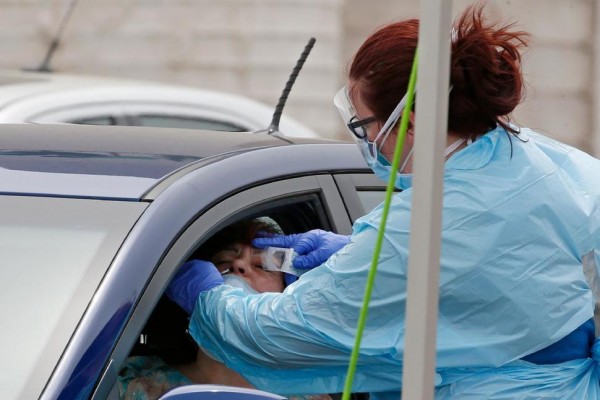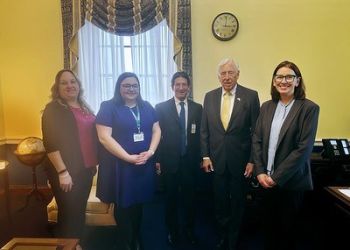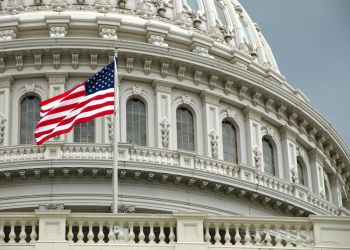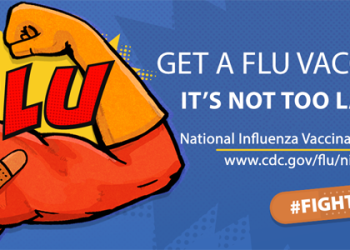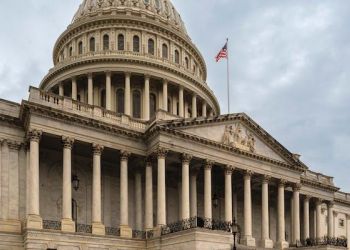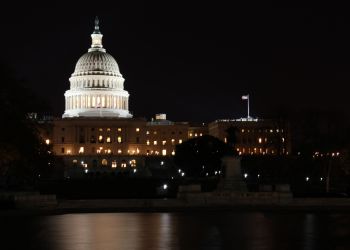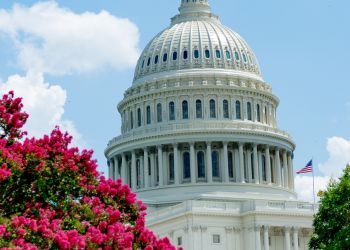The experts who comprise our public health departments are true heroes. We should be thanking them for their tireless work and heeding their advice, not threatening their safety and careers
June 15, 2020
In the midst of a worldwide pandemic, public health is under attack. And that should scare us all.
Across the country, in red states and blue states, large metropolitan areas and rural communities, public health department officials and staff have been physically threatened and politically scapegoated. Too many have lost their jobs for trying to protect and defend the health of their community in responding to the COVID-19 pandemic. Many others have stepped down, interrupting their careers, to protect themselves and their loved ones from actual or perceived threats. We are losing expertise, experience, and most importantly, leadership, at a time when we need it most.
Beyond the threats to individual public health department leaders and staff, the vital work of public health departments is also being challenged. Some of it is subtle: At the federal, state, and local health levels, new taskforces have been created to guide COVID-19 decision-making, which lack the critical input of the public health system and ignore that this virus has been and continues to be the most difficult and costly public health challenge of our lifetime. In other places, it is much more overt: Public health departments are facing lawsuits over their authority to close businesses, schools, and places of worship in order to protect the community at large—the very action that is credited with saving hundreds of thousands of American lives from this virus. Some state legislatures are looking to limit public health’s authority to act to keep us safe when the virus spikes, which will inevitably lead to additional blame on the public health system that was made virtually powerless. Even something as simple as guidance to wear a cloth mask has been weaponized, permitting the virus to go unchecked as a political pawn. As a result, when communities look to public health to protect them, health departments will be hamstrung. When disease rates increase, public health will invariably get the blame.
Local health department staff have worked around the clock on coronavirus response since well before the first case was diagnosed here in the United States, fighting to slow the spread of the virus while implementing strategies to help us “reopen” our communities safely. Health departments have led despite testing challenges, severe shortages of personal protective equipment, and decades-long insufficient budgets and staffing capacity. And they have done so while navigating the same personal challenges faced by others in their community, such as childcare issues or the economic impact of laid-off family members. These individuals lead at the front lines of the front lines for this response and will continue even with no end to the pandemic in sight.
They need our support. The experts who comprise our public health departments are true heroes. We should be thanking them for their tireless work and heeding their advice, not threatening their safety and careers. The National Association of County and City Health Officials and the Big Cities Health Coalition, on behalf of the nation’s nearly 3,000 local health departments, and 30 of the nation’s largest metropolitan health departments, respectively, call on all Americans—including elected officials at all levels—to do just that. It is not hyperbole to say that our lives, and livelihoods, depend on it.
###
About NACCHO
The National Association of County and City Health Officials (NACCHO) represents the nation’s nearly 3,000 local health departments. These city, county, metropolitan, district, and tribal departments work every day to protect and promote health and well-being for all people in their communities. For more information about NACCHO, please visit www.naccho.org
About the Big Cities Health Coalition
The Big Cities Health Coalition (BCHC) is a forum for the leaders of America’s largest metropolitan health departments to exchange strategies and jointly address issues to promote and protect the health and safety of their residents. Collectively, BCHC member jurisdictions directly impact nearly 62 million people, or one in five Americans. For more information, visit http://www.bigcitieshealth.org.
